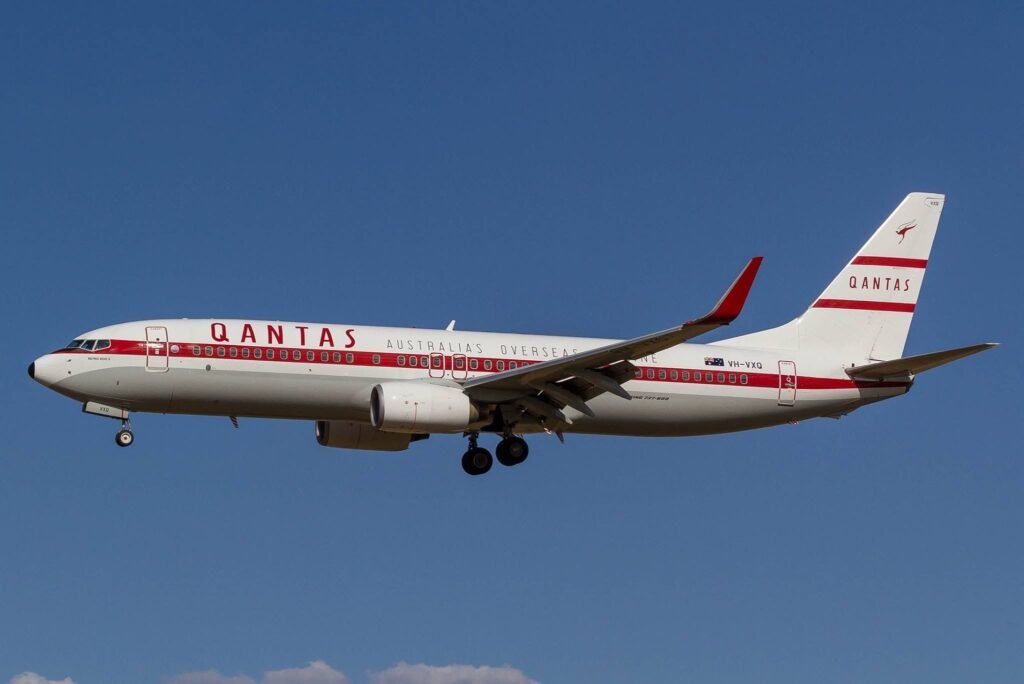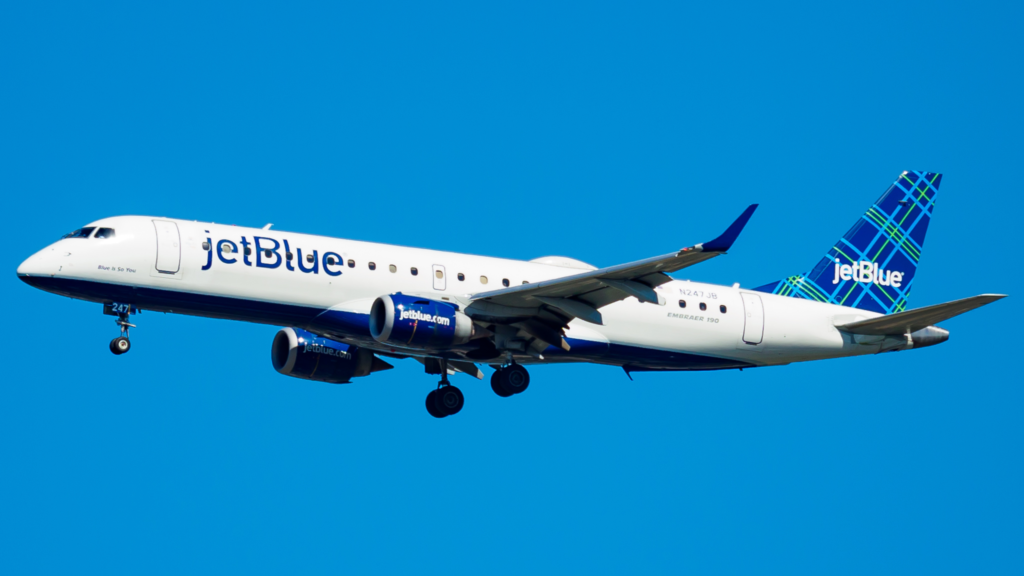QANTAS Unveils Vaccine Reward Mega Prize Campaign
A year’s worth of free flights, Accor hotel stays and bp fuel up for grabs*Free Qantas Points, Status Credits or $20 flight discount for fully vaccinated AustraliansQantas teams up with Australian singer Tones And I…


